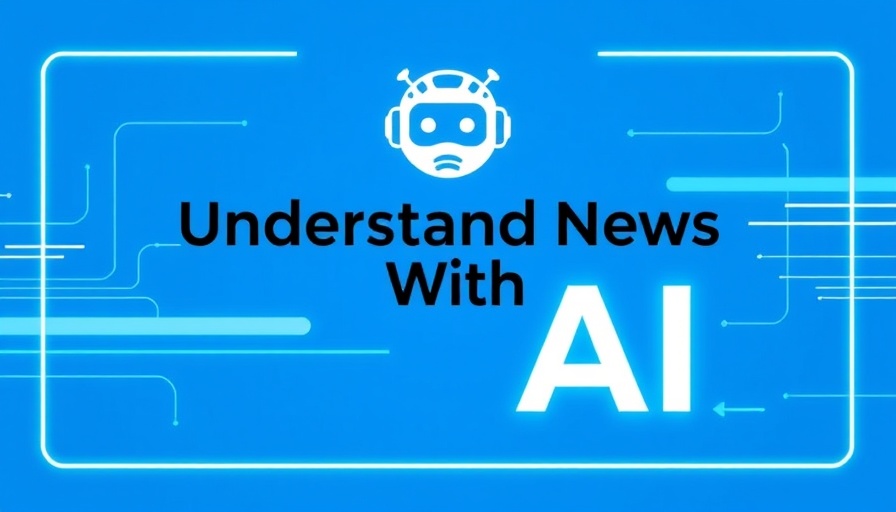
The AI Revolution: Who Needs to Worry?
As advancements in artificial intelligence (AI) continue to accelerate, concerns about job security in various fields are becoming more pronounced. Geoffrey Hinton, known as the "Godfather of AI" due to his groundbreaking work in neural networks, shines a light on this pressing issue. In a recent interview, he made some bold predictions about how AI will reshape the job landscape and which roles are most at risk.
AI's Impact on White-Collar Jobs
During his conversation on the podcast "Diary of a CEO," Hinton proclaimed, "For mundane intellectual labor, AI is just going to replace everybody." This statement ignites fear for many who occupy white-collar positions like clerks and assistants. Hinton's assertion is backed by startling statistics, including a report from venture capital firm SignalFire, showing that big tech companies like Meta and Google have reduced hiring new graduates for entry-level roles by 25% between 2023 and 2024. The prevalence of AI technology is directly linked to this downturn, leading many to wonder if those starting their careers will ever secure these jobs as AI becomes increasingly capable.
Which Jobs Are in Danger?
Hinton specifically called out paralegals as a profession vulnerable to AI takeover, noting that many jobs requiring basic intellectual input may soon be handled by a combination of a human and an AI. However, it's essential to note that some jobs, particularly in fields requiring significant physical labor, may not face immediate displacement. Hinton remarked, "It’s going to be a long time before AI is as good at physical manipulation" suggesting that roles like plumbing might remain secure for the time being.
The Technology Industry's Shake-Up
The technology sector is experiencing profound changes as AI systems become more integrated. Layoffs have already begun, with companies like Morgan Stanley announcing job cuts intended to incorporate AI solutions. In fact, a Bloomberg report estimates that AI could lead to as many as 200,000 job losses in the financial sector alone in the coming years. With such a significant number of layoffs on the horizon, employees in these fields may feel increasingly uncertain about their job security.
Reviving Job Creation or Job Loss?
While some proponents of AI argue that new technologies will create new opportunities, Hinton challenges this notion. He insists, "If AI automates intellectual tasks, there would be few jobs left for people to do." This revelation raises a critical question for the workforce: what skills will be valuable in a future dominated by AI? Those in simple, repetitive tasks may find themselves out of work, highlighting the urgent need for individuals to adapt and refine their skill sets.
What Can Workers Do Now?
In light of these alarming predictions, workers must take proactive steps to safeguard their careers. Continuous learning and a focus on developing advanced technical skills will be crucial in making oneself indispensable. Industries may evolve, but individuals who can adapt and embrace change will be better positioned to thrive in an AI-dominated environment.
The Human Element in an AI World
Despite the bleak outlook presented by Hinton, it’s important to remember that AI is a tool, not a replacement for human creativity and innovation. Workers should focus their efforts on roles that involve complex problem-solving and emotional intelligence. These human-centric skills will distinguish individuals in the job market, ensuring that they remain relevant as technology progresses.
As the workforce braces for the shifts driven by AI, staying informed and prepared is more important than ever. Equipping oneself with the right skills and adapting to the changing landscape can mitigate the risks of AI job loss.
 Add Row
Add Row  Add
Add 




Write A Comment